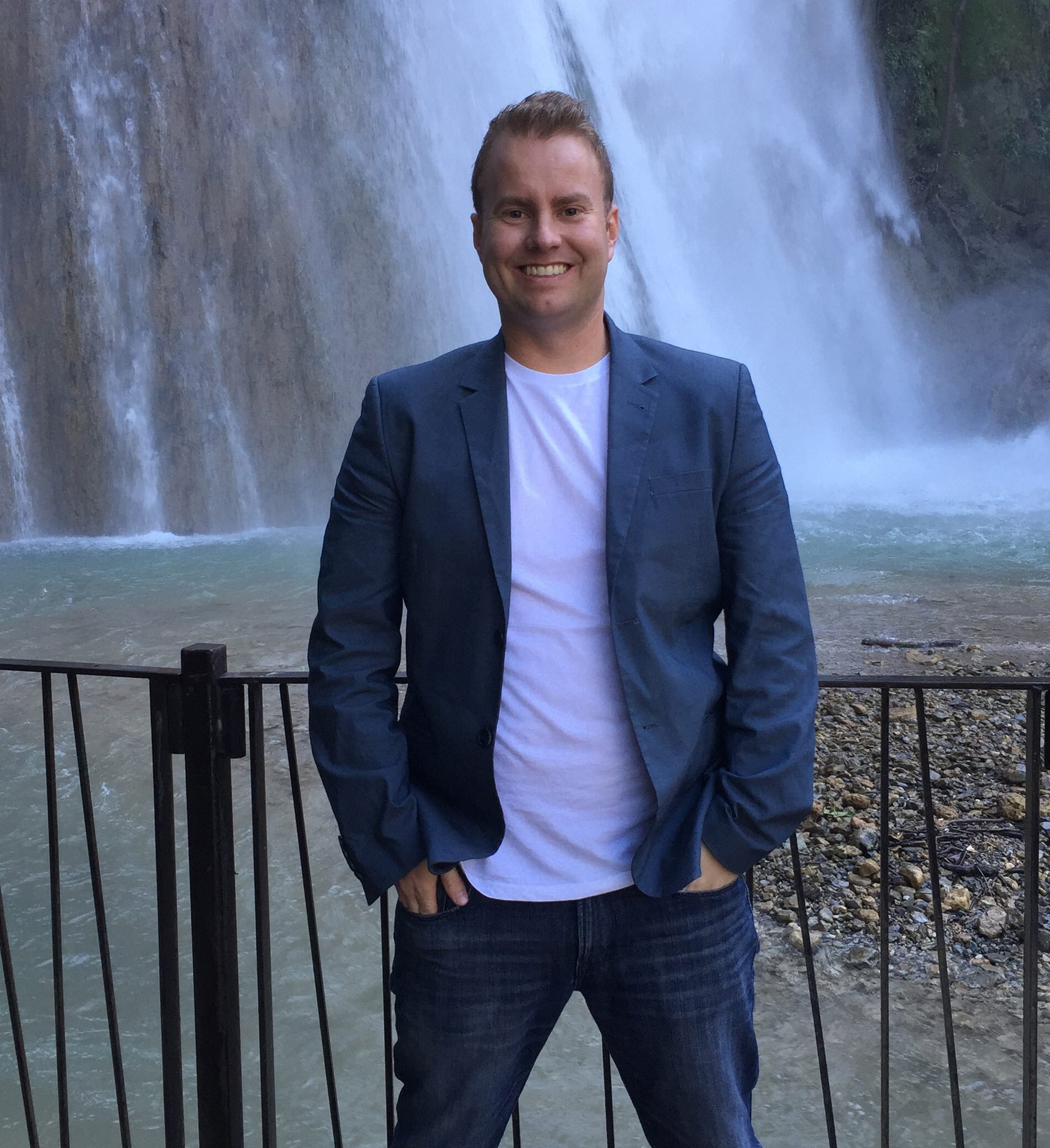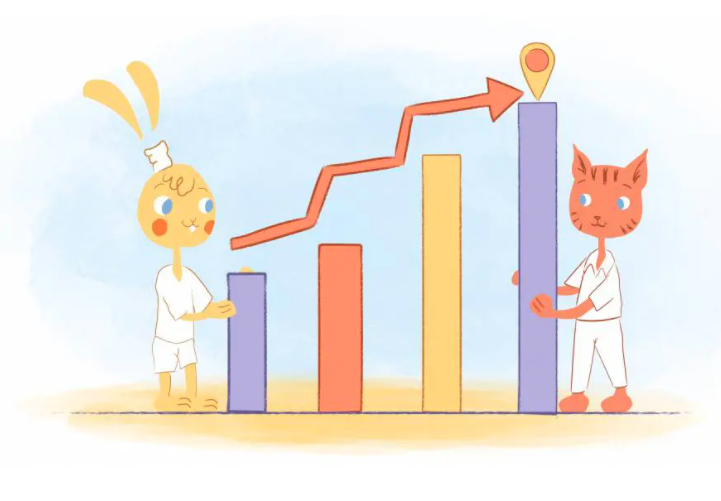We all get burned out — regardless if you’re working for yourself or someone else. But, as Amanda Abella reminds us, this should not be the norm.
The problem is that it’s hard to avoid burnout since we work a lot.
Americans on average work 34.5 hours per week. Unlike our European counterparts, there isn’t mandatory time-off. The European Union’s Working Time Directive, for instance, guarantees EU workers a minimum of 20 paid vacation days per year. However, some countries like France, the U.K., Sweden, Austria, Denmark, Finland, and Luxembourg provide at least 25 days or more of paid annual leave day.
While vacations alone won’t always prevent burnout or boost productivity, data has found that time away can help increase your productivity.
“The productivity, creativity, bringing new ideas forward isn’t the person who’s working crazy hours,” said Katie Denis, VP and lead researcher at Project: Time Off. “It’s someone who’s getting outside of their day-to-day.
“Vacations are important because they not only replenish the mind, they also reduce the physical effects of stress on the body,” said Kathleen Potempa, a professor at the University of Michigan School of Nursing.
Still not convinced that it’s time to get away (or we need some more evidence to win-over your boss)? Let’s take a closer look at why taking time off increases your productivity.
You need time to recharge.
Being “on” 24/7 can lead to a number of physical and emotional health effects. This can include stress, depression, fatigue, body aches, and it’s making your heart work overtime. As a result your productivity stalls.
Taking time off gives us a change to replenish all of the resources we’ve drained. We have a chance to relax and catch-up on sleep. When we return we’re replanesiehd and reenergized so that we can remain focused and attentive.
“There is a lot of research that says we have a limited pool of cognitive resources,” Allison Gabriel, an assistant professor of management at Virginia Commonwealth University, told Entrepreneur. “When you are constantly draining your resources, you are not being as productive as you can be. If you get depleted, we see performance decline. You’re able to persist less and have trouble solving tasks.”
What if you can’t away for an extended period of time? No worries. You can take breaks throughout the day. For example, you could meet a friend for lunch, take more walking meetings, exercise, or just take 15-minutes to do nothing.
Most importantly, unplug during the weekends. Turn-off your phone and go for a hike. Spend quality time with your family. Or go visit some friends and catch a movie. The point is to do something that isn’t work related so that you can recharge.
Boosts creativity.
Research has found that getting out of your comfort zone and having new experiences can boost your creativity. I don’t know about you, but traveling is one of the best ways to be exposed to new or different experiences.
What’s more research by Dr. Barbara Fredrickson, author of Positivity, has shown that the positive emotions we feel while on a relaxing or fun vacation makes us more inventive. This, in turn, helps us think outside the box and find ways to tackle bigger problems.
Traveling gives you a new perspective.
Doing the same thing do-in and day-out, along with being surrounded by the same people, gets monotonous. Sometimes you need to shake things-up. Again, this gets you out of your comfort zone and forces you to have new experiences. As a result, you’ll have a new perspective on life and work.
Additionally, when you take time-off you also realize what’s really important in life — specifically your relationships. Once you get out of the office and spend time with your friends and family you form new memories — which brings you closer. This can make you happier and satifieds, which as you guessed, can make you more productive.
You get to process ideas.
We all have a million ideas throughout the course of day. It could be anything from a business idea to a book you want to write. Unfortunately, we don’t always have the time to sit down and process these thoughts.
Taking a walk in the park or sitting or a beach gives us a quiet moment to really process these ideas and determine which ones to pursue and which ones to forget. Sometimes being away from work can develop new product ideas to try out when you return.
Nature helps you focus.
Researchers from the University of Michigan examined the cognitive benefits of attention restoration theory (ART). After students completed a cognitive test they were sent individually on a walk through either the streets of Ann Arbor or a nature-filled arboretum. The two groups were tested again after returning, and it was found that the students who went to the arboretum scored higher.
According to ART, by spending a little time out of the office and in nature can improve both your focus and performance.
So when possible, go camping, hiking, or just take an afternoon stroll through a park.
Reduces stress.
Let’s talk about stress again. It’s bad. How bad? Well, the American Psychological Association states that chronic stress can lead to anxiety, insomnia, high blood pressure, a weakened immune system, and a variety of serious health conditions including depression and heart disease.
Studies have reported that break, even in small doses, are effective in decreasing stress.
How you can get more done so you can take time off.
Obviously you just can’t walk-out of meeting or leave unfinished work at your desk and take-off. You need to do a little planning so that you’re able to enjoy your time away.
Here’s 7 ways you can get more done so that you can take time off.
- Create a list of everything that needs to get done. You can add and remove items as needed. The idea is that you want to jot down important tasks, reminders, and appointments so that they can be addressed before you leave.
- Prioritize your work. This uses your time more wisely since it encourages you to focus only on what’s the most important and urgent.
- Use an online calendar to plan ahead. Make sure that you schedule in your priorities so that they’re completed early.
- Work smarter by eliminating distractions, developing a routine, using automation, and scheduling time for email and texts.
- Train a backup. This is someone who can handle some of your workload you’ll away.
- Delegate tasks to other people who have the availability and are skilled to complete the tasks on-time.
- Just say “no” to additional requests if you don’t have the time.
Why Taking Time Off Increases Your Productivity was originally published on Calendar by John Rampton.


